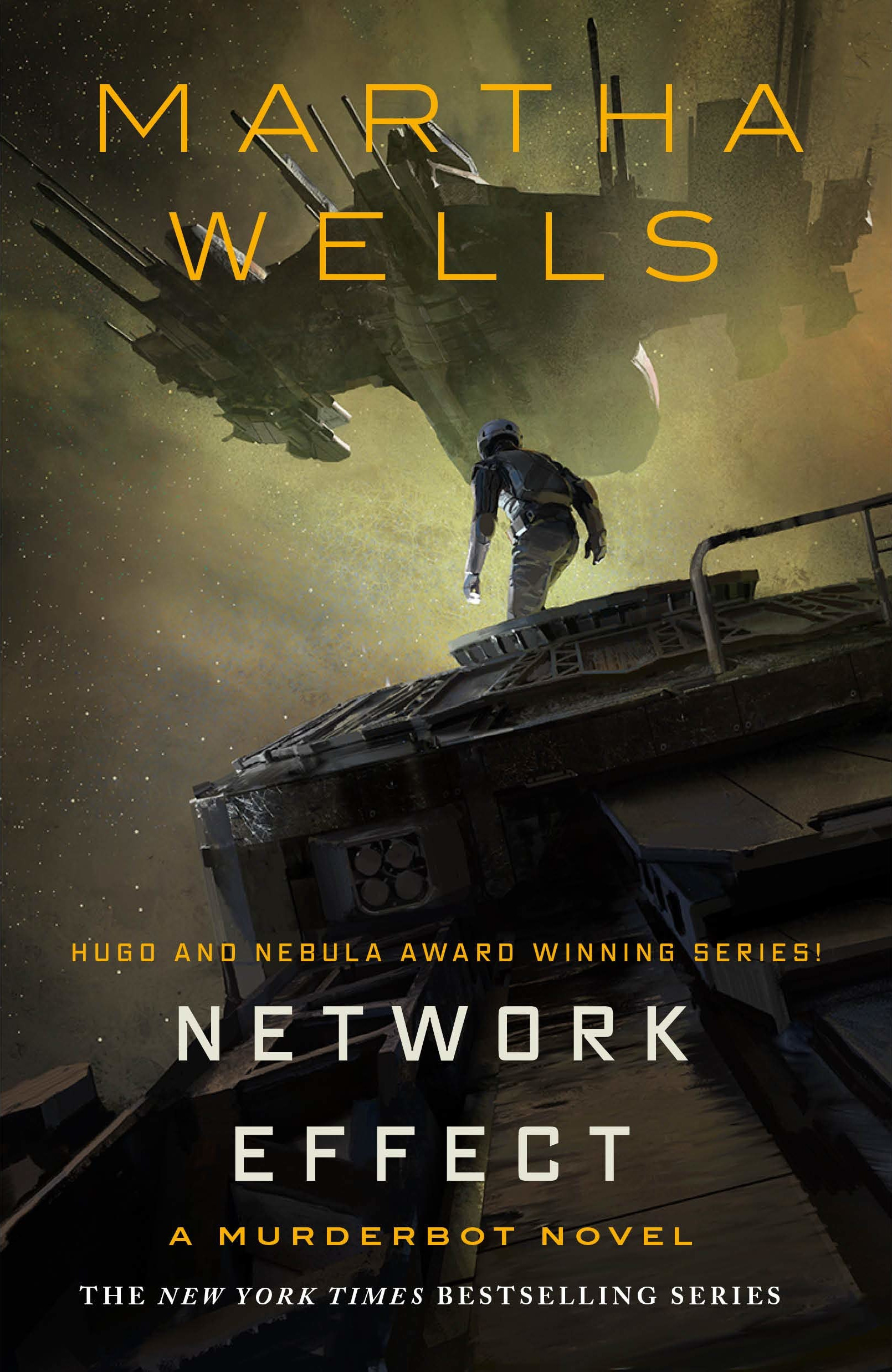
At the end of August, I announced that I was running an eBook (Kindle) giveaway on Goodreads during the month of September. They were running a special (only $99!) whereupon I could give away up to 100 eBook copies, and they would handle everything: picking winners from those who signed up on Goodreads and sending out copies. I recently had acquired a debit card for switching ISPs, so I decided to go for it.
I chose Armistice Day for the giveaway in hopes that if people liked it that they would go on to buy Gateway to Empire.
I was a bit nervous come launch day. What if no one signed up for my book? I've never had a problem giving away things for free. I've given away couches, stairs, books, tapes, toys, 3D printed models, a door, and many more things, but still I worried that somehow either the book cover or the blurb would turn potential readers off.
Silly me. Never underestimate the power of free.
I had 75 people interested by lunchtime, and 120 people signed up by the time I went to bed. What a relief! Over the course of the month, the pace of signups slowed, but by the end of the month I reached 953 entrants! I was psyched!
Now most people don't go through the trouble to write reviews, so I figured that if I got five reviews, it would be a success. So I sat back and waited.
Three months later, I'm here to tell you what the results are.
Ok, there's no way to sugarcoat this. Things didn't pan out the way I'd hoped: I only got 1 review and 3 ratings. The review was good, and the reviewer gave me four stars. The other two ratings were three stars, which I'm completely fine with. And no, it hasn't led to more sales for Gateway to Empire.
The most recent rating came on November 15th, so what happened to the other 97 winners? Shouldn't I have received a bunch of ratings by now? Based on my GR experience, most people at least rate a book even if they don't review it. GR always wants to know what you thought of a book (so that it can recommend other books to
Just to clear, I don't blame GR at all. They handled everything professionally, didn't treat me any different than trad pub authors, and provided me with the statistics I requested.
Am I bummed about the poor review/rating to books given away ratio? You bet! But that's the way it goes. Would I do it again? Maybe, but not until I've had a chance to explore other methods first.
\_/
DED
 After
reading a couple of short stories in this series, including one that's an intro to the humans
in ART/Perihelion's crew (see
After
reading a couple of short stories in this series, including one that's an intro to the humans
in ART/Perihelion's crew (see  Found this at the annual C.H. Booth Library book
sale. It's a standalone in the Alliance-Union Universe of which Downbelow Station
is probably the most well-known. Having recently read The Pride of Chanur, I was curious
to read something else by C.J. Cherryh. Unfortunately, this one wasn't as enjoyable.
Found this at the annual C.H. Booth Library book
sale. It's a standalone in the Alliance-Union Universe of which Downbelow Station
is probably the most well-known. Having recently read The Pride of Chanur, I was curious
to read something else by C.J. Cherryh. Unfortunately, this one wasn't as enjoyable. Rosewater
is a town on the edge. A community formed around the edges of a mysterious alien biodome, its residents
comprise the hopeful, the hungry and the helpless—people eager for a glimpse inside the dome or
a taste of its rumored healing powers.
Rosewater
is a town on the edge. A community formed around the edges of a mysterious alien biodome, its residents
comprise the hopeful, the hungry and the helpless—people eager for a glimpse inside the dome or
a taste of its rumored healing powers.
 I
wasn't planning on reading this book. While I enjoyed the first few Van Halen albums—I
checked out after 1984—there are a lot more people further up on the fan
spectrum than me. But a friend of mine loaned it to me, thinking that I might enjoy
reading it (I'd loaned him Bruce Dickinson's What Does This Button Do?, so fair
exchange). And yes, to some extent, I did enjoy reading it.
I
wasn't planning on reading this book. While I enjoyed the first few Van Halen albums—I
checked out after 1984—there are a lot more people further up on the fan
spectrum than me. But a friend of mine loaned it to me, thinking that I might enjoy
reading it (I'd loaned him Bruce Dickinson's What Does This Button Do?, so fair
exchange). And yes, to some extent, I did enjoy reading it.

 This
is the fourth book in the series and it contains four stories.
This
is the fourth book in the series and it contains four stories.